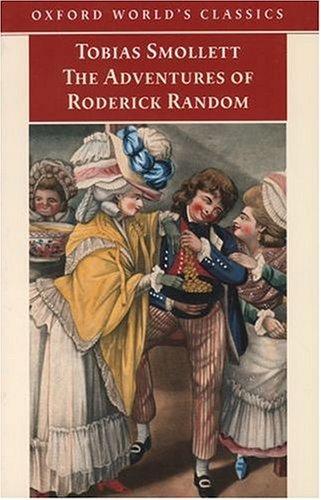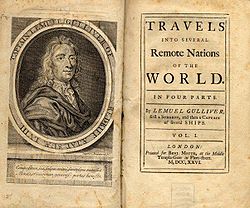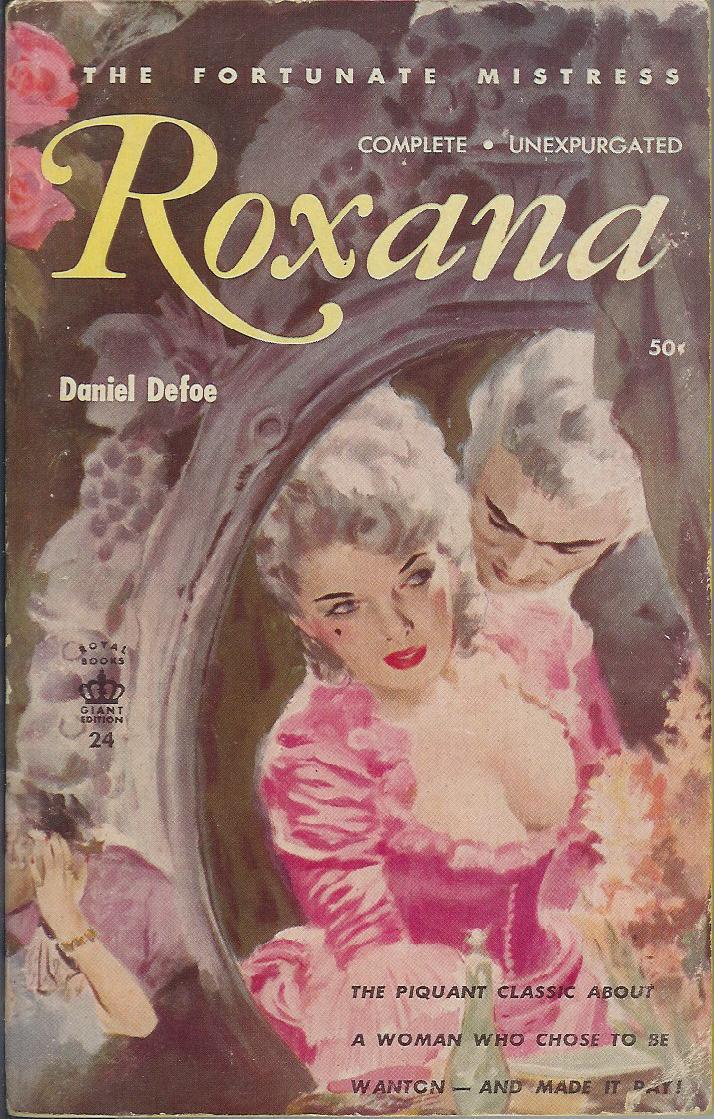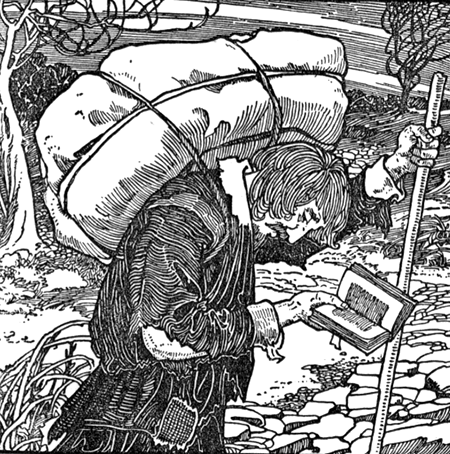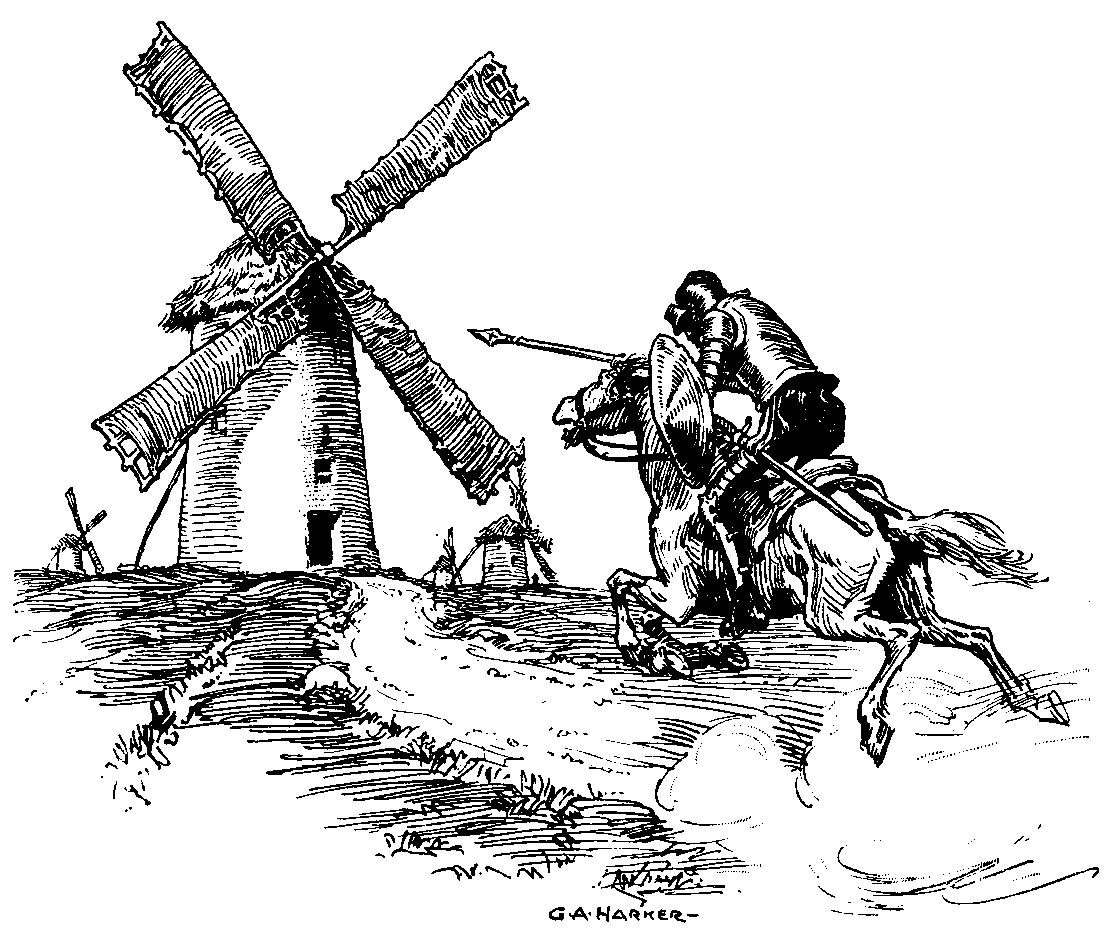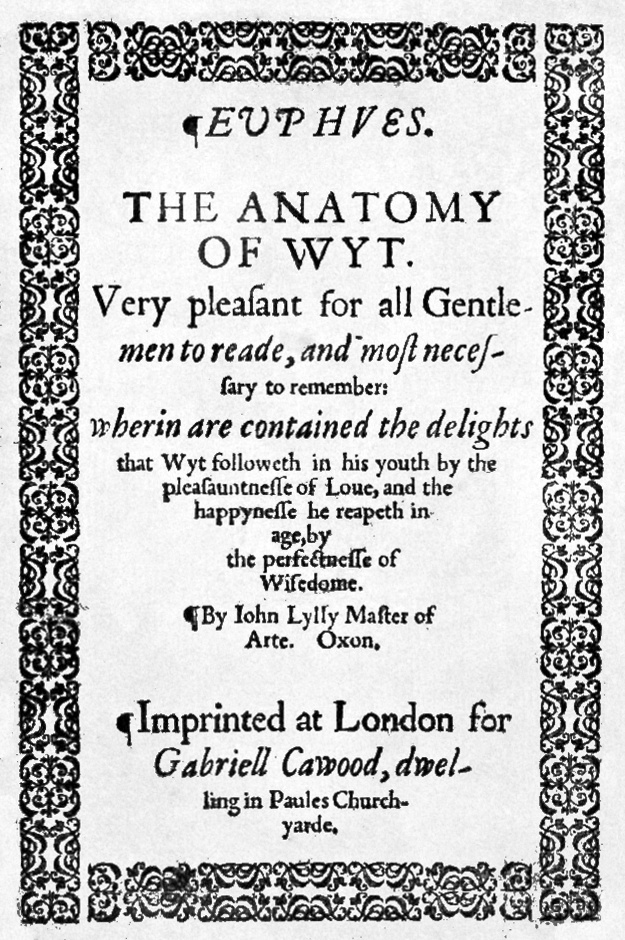Samuel Johnson
1759

Three posts in two days. I am on a roll! Actually, these books have been really short lately but I prefer to attribute my success to my extreme awesomeness. The next book is pretty expensive and unavailable so I am going to read Moby Dick first. Wish me luck!
This novel was similar in style to Candide but carried a completely different message. While Voltaire was saying that life sucks because horrifying things will always happen to you, Johnson communicated a more relatable message. Johnson's message was that even if you live a life of fortune and pleasure, you will still be unhappy because human beings themselves are unhappy. You don't have to be raped, tortured, or robbed to be miserable; you simply have to exist. Johnson's story followed a prince and a princess who were tired of living a life of isolation and pleasure and wanted to see the world (something I can really relate to).
Like I said, this book is often compared to Candide and often loses. Though I think they are both great, Rasselas carried a more unique message.
RATING: ****-
Interesting Facts:
I need some more pronunciation help here. Raze-ul-lay?
Johnson wrote the book in order to provide for his sick mother. Awww...
Rasselas, Pennsylvania was named after a guy who was fond of the story. U S A!
Referenced in Mansfield Park, Jane Eyre, and Little Women.
It was quite a relief to not have to read about another ridiculous love story.





